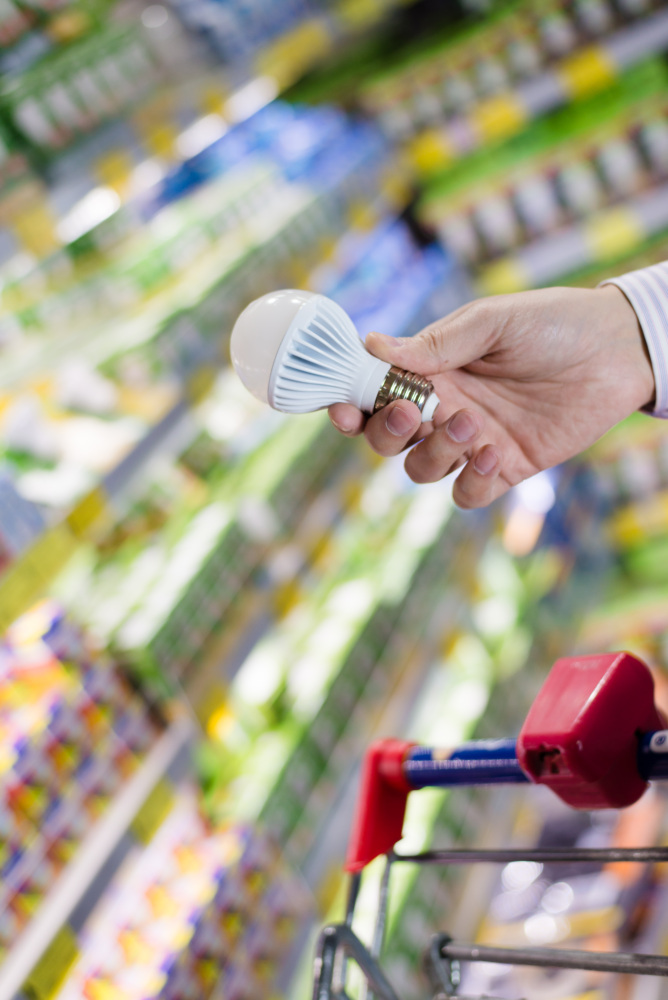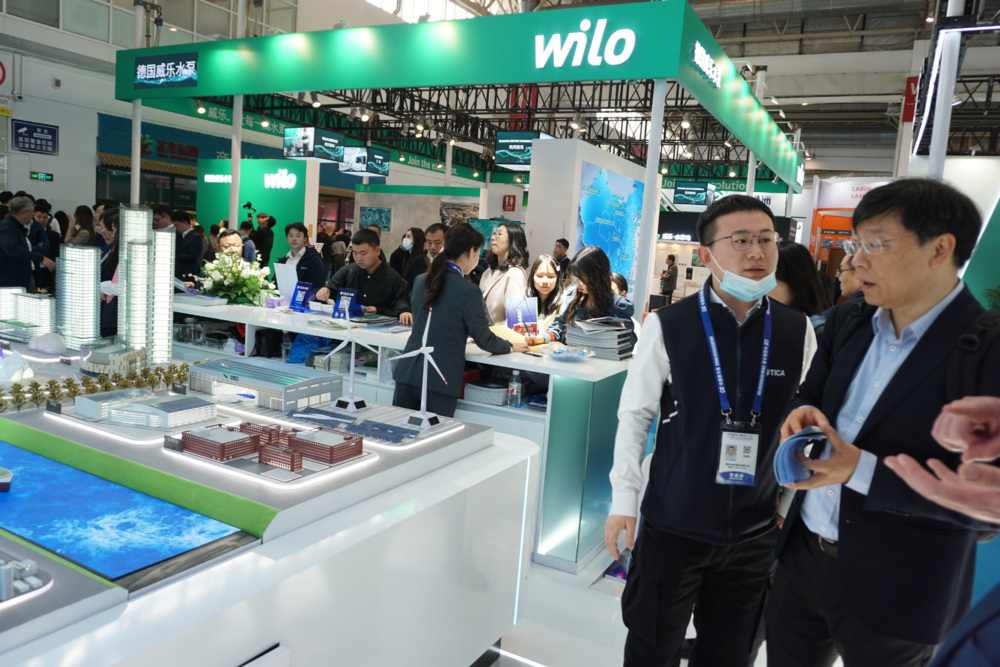Nationally Determined Contributions: Slashing Climate Emissions with Efficient Appliances
CLASP research shows how governments must supercharge appliance efficiency in their climate plans, to reach net zero emissions by 2050.
Nearly every country in the world signed the 2015 Paris Agreement – a landmark international accord to tackle climate change and its negative impacts. Now, each of the 197 signatories must draft and submit revised climate action plans, known as Nationally Determined Contributions (NDCs). Due by March 2025, these will lay out how each country intends to get to net zero emissions by 2050.
Doubling Efficiency Without Breaking the Economy
In their plans, governments must action the commitment made at COP28 to “double the global average annual rate of energy efficiency improvements by 2030”. To reach this vital and ambitious goal requires immediate action.
CLASP’s research reveals that prioritizing the efficiency of ten key appliances is a proven, cost-effective climate solution to dramatically cut emissions and bolster global efficiency – with added benefits like improving the lives of billions of people, reducing the strain on national power grids, saving consumers’ money on energy bills, and strengthening resilience to the impacts of climate change.
Current NDCs Overlook Appliance Impacts
It is notable that appliance efficiency is frequently overlooked in national climate action plans. Only 47% of NDCs mention appliances, while only 25% specify the policies needed to reduce appliances’ contribution to climate change.
CLASP makes the case that appliances account for nearly 40% of global energy-related CO2 emissions, and demand for their services is growing rapidly. Without urgent action to curb appliance emissions, the world will fall short of net zero targets.
“It is extremely clear,” said Ana Maria Carreño, CLASP’s Senior Direct of Climate. “Rapid, strategic government action prioritizing the most impactful appliances is an affordable and immediate way to advance international efforts to overcome the climate crisis and protect our communities.”
CLASP’s Technical Guidance and Policy Support
Including clear, evidence-based appliance efficiency targets in NDCs is key to achieving net zero goals. CLASP’s experts have calculated that efficient appliances can prevent 9.2 Gt of CO2 emissions by 2050.
To support governments in crafting effective, context sensitive appliance efficiency targets, CLASP will launch a global NDC toolkit in September. This toolkit contains model language and clear, technical resources to help governments assess, design, and draft net-zero-aligned targets for appliances and equipment.
The toolkit will allow policymakers to quickly and easily gather data and understand the climate gains that can come from ambitious appliance efficiency policies in their countries.
For inquires on bespoke support and resources, please reach out to us at ndcs@clasp.ngo.









